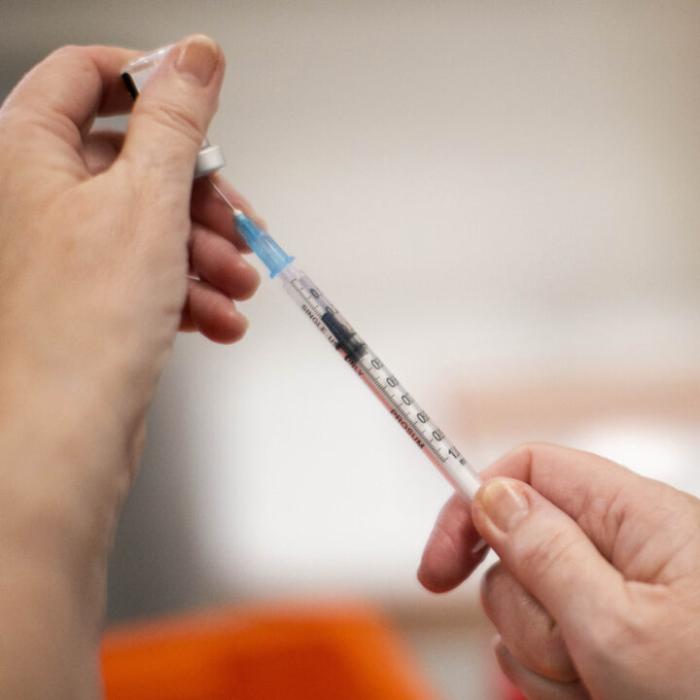A cross-party group of MPs has claimed the UK’s drug safety regulator failed to mention in 2021 that the COVID-19 vaccines carry risks of myocarditis and pericarditis.
The letter, which was addressed to Conservative MP Steve Brine, said that there “is reason to believe the MHRA was aware of a signal for post-vaccination myocarditis and pericarditis in February 2021.”
It said, however, that it “failed to mention myocarditis or pericarditis in safety updates in April, May and June, only alerting the public on June 25, supposedly ‘following a thorough review of extremely rare reports of myocarditis and pericarditis after COVID-19 vaccination.’”
It added that they know from Freedom of Information (FOI) requests cited in a previous letter that the MHRA “does not have a process for the investigation and follow up of individual Yellow Card reports and cannot and does not effectively monitor them.”
It said that further FOI requests indicate that, in the intervening two-and-a-half years since knowing of post-vaccination myocarditis and pericarditis, the MHRA “has not undertaken any such formal epidemiological studies or instructed Pfizer and Moderna to carry any out.”
‘Needless Deaths’
The letter also claimed that in 2021 The Telegraph received “a threatening phone call from a senior official at the MHRA warning that it would be banned from future briefings and press notice” if it did not “soften the news” regarding an article implying a causal link between the AstraZeneca COVID-19 vaccine and blood clots.The MPs said that it seems the MHRA “is more concerned with putting itself, and perhaps the pharmaceutical industry, first. Protecting itself, one might say, rather than protecting and ensuring patient safety.”
The Epoch Times has not been able to independently verify that the MHRA threatened The Telegraph.
An MHRA spokesman told The Epoch Times by email that it is looking into the claims.
Warnings
Last October The Epoch Times reported that MHRA detected a signal for post-vaccination myocarditis and pericarditis four months before telling the public.According to emails, the MHRA detected a safety signal for heart inflammation after COVID-19 vaccination in early 2021, but did not tell the public about the issue for nearly four months until June 25, 2021, when it added warnings to the labels for the Pfizer and Moderna shots.
A safety signal is information on a new or known adverse event that may be caused by a medicine and requires further investigation.
The MRHA indicated it did detect a signal, but it needed to assess data from multiple sources.
‘Patient Safety Is Embedded Firmly Into Law’
A spokesman for the MHRA provided The Epoch Times with the exact statement from Dame June, which was previously published when the first letter from the APPG was reported on. It did not address any of the specific claims raised in the second letter.Dame June said that the MHRA is “committed to enabling innovation that brings transformative medical products safely to patients.’’
“We have made significant steps to put patients at the heart of all our work.
“These include incorporating patient views and lived experience into our safety reviews; involving patients in the early stages of planning medicines development and building a new responsive reporting system for patients to tell us about any adverse incidents. We have also led on legislative changes to strengthen surveillance for medical devices and medicines, meaning patient safety is embedded firmly into law.
“Our progress so far in making changes based on meaningful patient involvement gives us a solid base to build upon as we continue on this important journey.”
The Epoch Times contacted the Health and Social Care Committee, Pfizer, and Moderna for comment.







